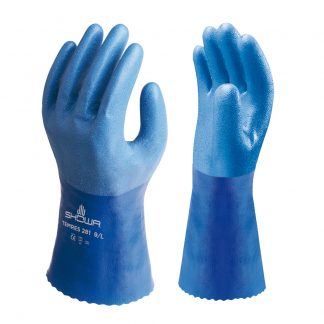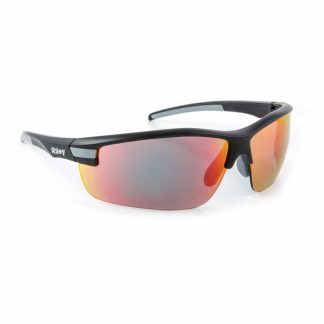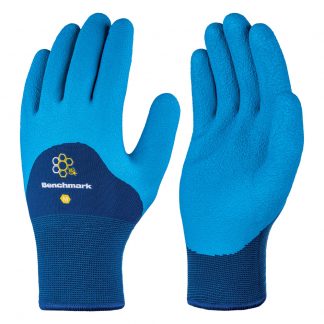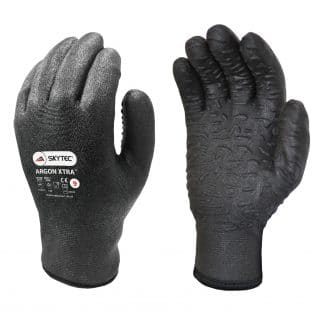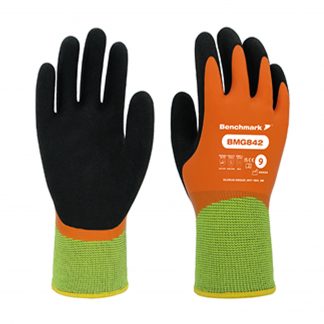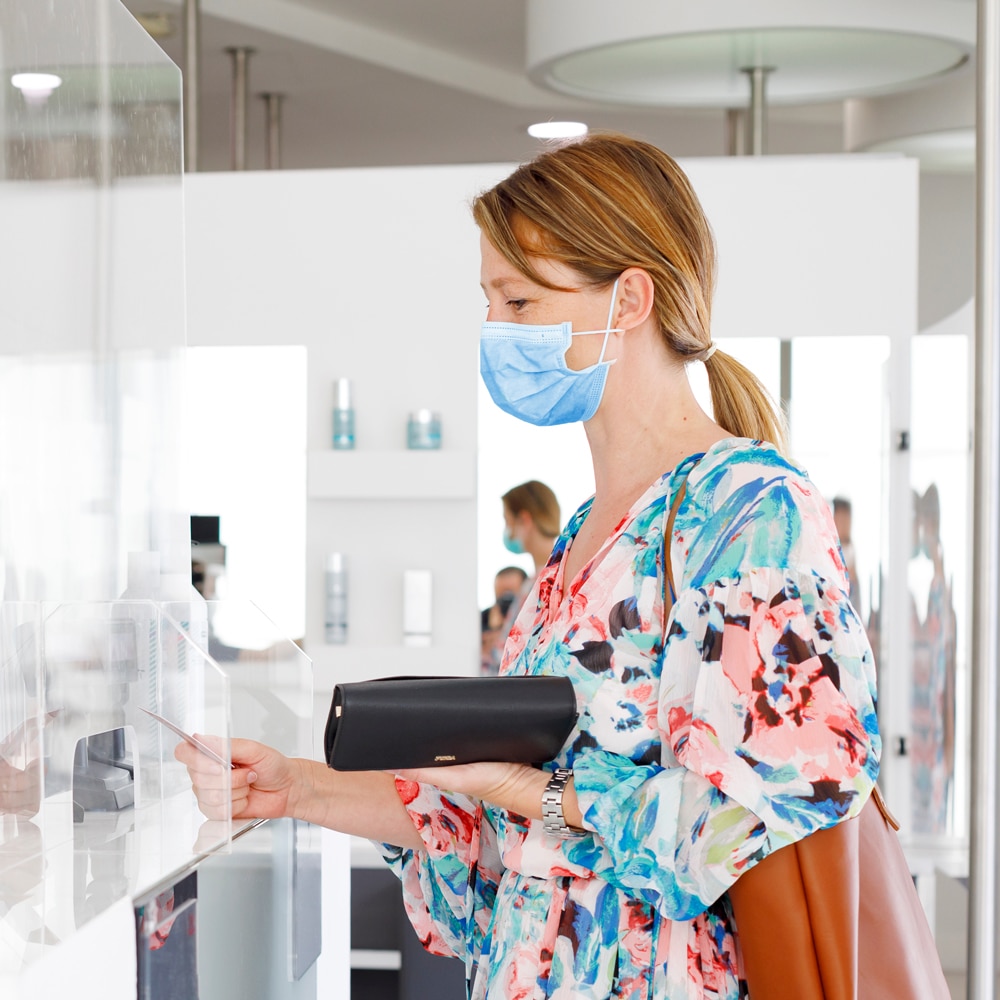
Face coverings are now part of everyday life as we help control the spread of COVID-19. In England, the Government has made face coverings compulsory in supermarkets and other shops in England since July 24th which has left many people confused.
So, what types of face mask are there, and what is the best option for you?
1: Do I really need to wear a face mask?
Although early advice from the World Health Organisation and other health experts at the beginning of the COVID-19 outbreak was that face masks weren’t very effective at stopping the spread of the disease, new research has shown that masks can actually help to reduce transmission, especially in indoor spaces. 1
Since Friday 24th July, anyone not covering their mouth and nose in supermarkets and other shops will risk a £100 fine. Face masks or face coverings have been mandatory on public transport since 15th June.
2: Will a face mask stop me from catching COVID-19?
The current advice is that face masks need to be used in conjunction with strict social distancing (at least one metre) and regular hand-washing. The World Health Organisation advises that a face covering alone will not protect you from COVID-19.
The evidence seems to suggest that loose-fitting face coverings, like surgical masks, offer protection to people around you, but not much for the wearer. Masks which are tightly fitted to the wearer’s face appear to offer more protection for the wearer.
3: Why do I need a face mask, can’t I just cover my mouth?
The guidelines state that you need to cover your nose and mouth to comply with the new rules, but certain types of face mask are more effective than homemade or rudimentary face coverings. Loosely woven fabrics and scarves have been shown to be the least effective type of face covering. 2
The WHO recommends using 3-layered face coverings with a waterproof outer layer, a filter in the middle, and a water-absorbent inner layer. Masks with a full seal around the mouth, which are commonly used by healthcare professionals, offer the best protection, but multi-use masks with replaceable filters are a great option for consumers.
4: I’m finding that I need to keep adjusting my face mask, is that ok?
Ideally you need to touch your face mask or covering as infrequently as possible, to prevent transmission of the virus. A badly fitting face mask that slips down below your nose, or that needs lots of adjustment isn’t going to offer you or those around you many benefits at all.
Look out for masks with adjustable or elastic straps, as these make it easier for you to ensure that your mask is tightly fitted to your face.
5: What is the best type of face mask/covering for me?
One of the reasons that so many people are confused about the new face covering rules, is that they’re not sure which type of covering or mask is right for them. There are a large number of face masks available at the moment, and the choice can be rather overwhelming!
However, some key things to keep in mind when you are looking for a mask are:
- For maximum protection for you and those around you, try to find a mask that fits tightly around your face. These include the FFP3 medical masks, as well as the tight-fitting material masks.
- For reusable fabric masks, look out for ones using anti-viral or anti-bacterial coatings, as these may be more effective at protecting you against the COVID-19 virus.
- If you wear glasses or any other form of PPE on your face, make sure that you find a mask that fits snugly on your face, as this will reduce condensation or fogging-up issues. However, some prescription glasses are available with anti-fog coatings, such as Riley Eyewear. 3
Sources
1: royalsociety.org/…/set-c-facemasks.pdf (PDF Link)
2: ox.ac.uk/news/2020-07-08-oxford-covid-19-study-face-masks-and-coverings-work-act-now
3: riley-eyewear.com/about/prescription-safety-glasses-service/
